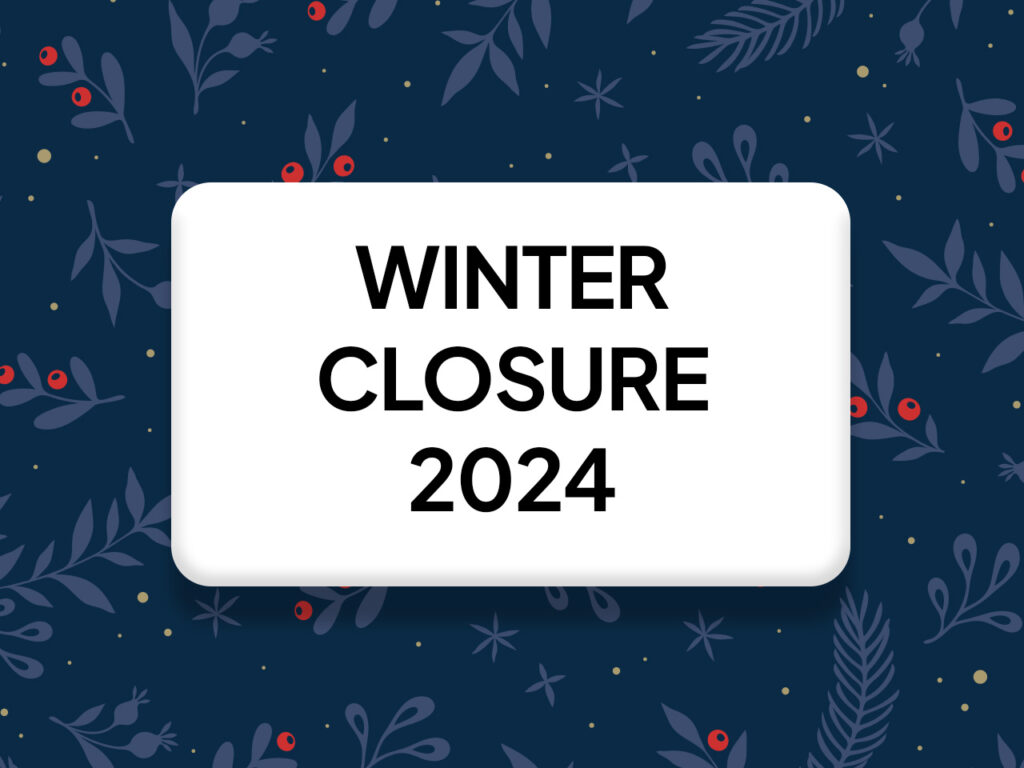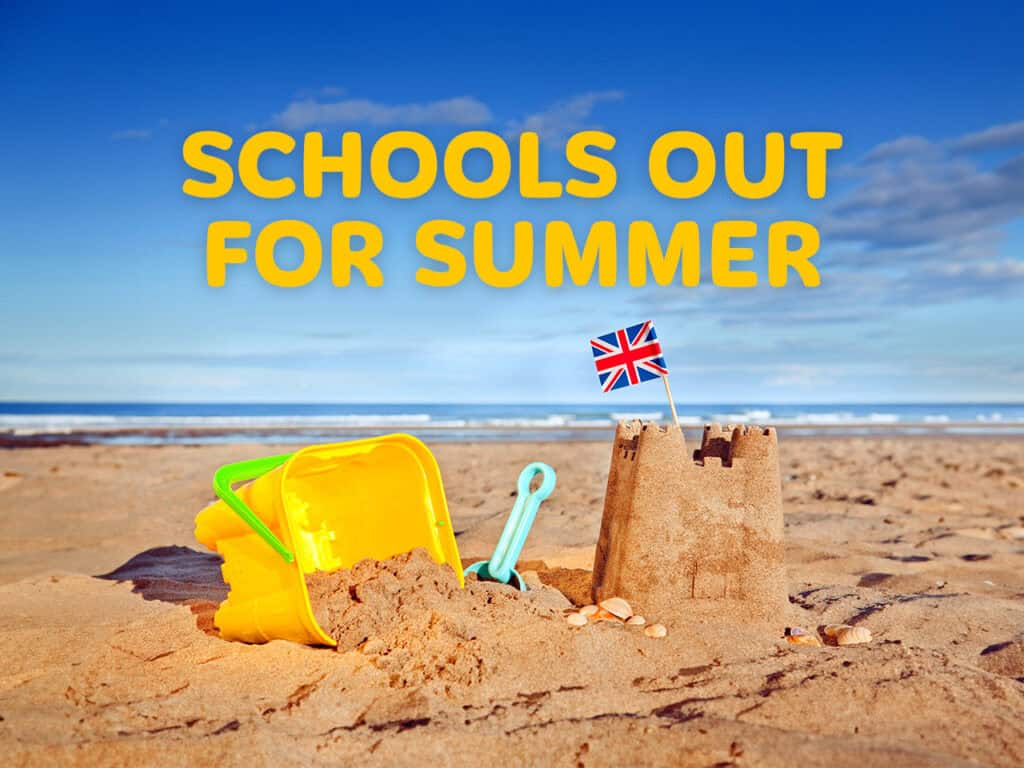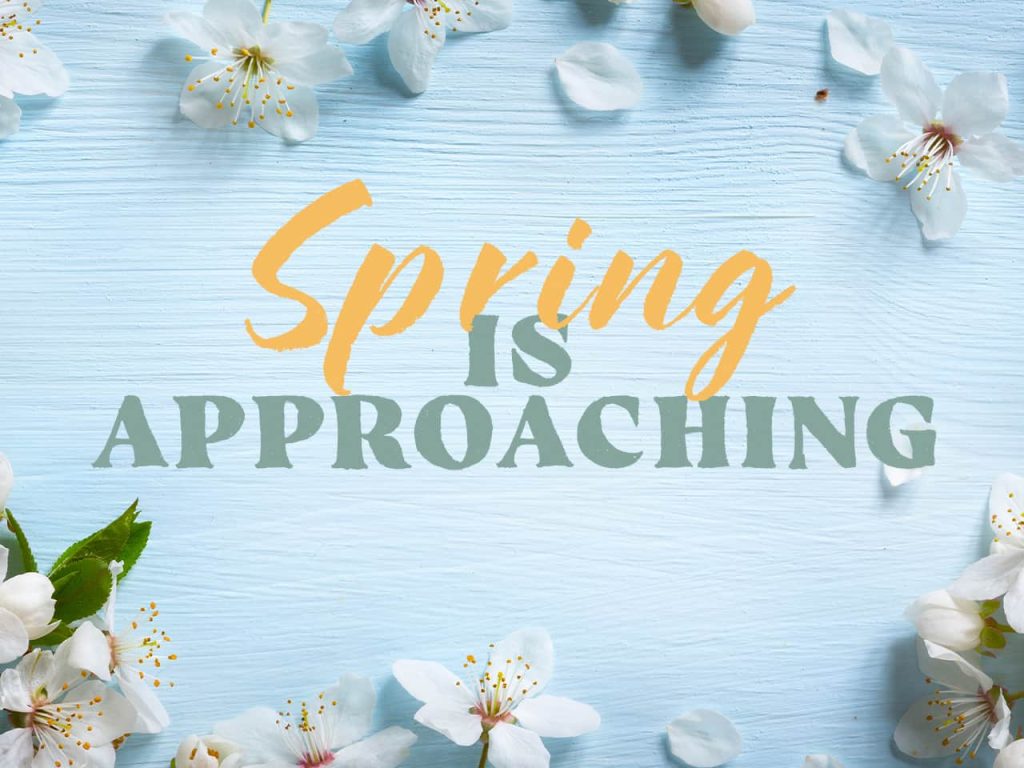The Top Christmas Retail Trends to Look Out for in 2019
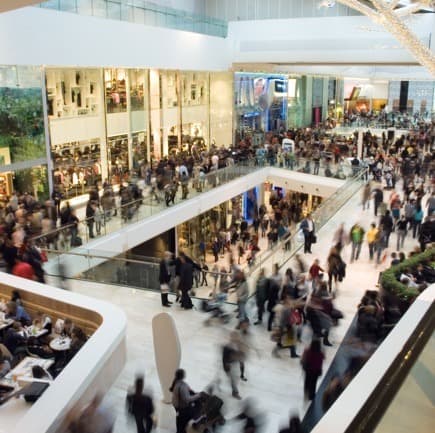
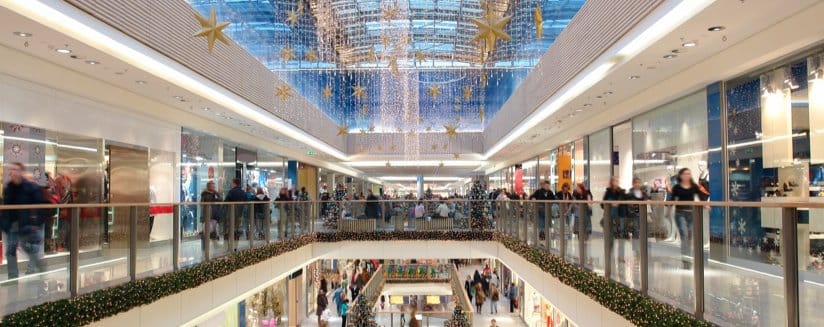
The most wonderful time of the year is fast approaching and the Christmas ads are slowly starting to hit TV screens all across the UK.
Consumers are looking at each other befuddled as they wonder whether the adverts keep coming earlier every year – but little do they know you’ve been preparing for the festive season for a long time.
For the consumer, it’s the most magical time of the year – but in retail, the golden quarter is the biggest opportunity to make sales and go into 2020 with a profitable smile on your face.
A Slow Start
Although retail sales were up slightly in October due to retailers slashing prices, it isn’t as much as last year’s 1.6% increase.
Also, UK retailer Mothercare went into administration for failure to generate profit, which could cost 2500 retail jobs and the loss of one of the UK’s iconic consumer brands.
Don’t be disheartened though. Those figures relate to the retail sector as a whole and you can still make an impact if you know what to expect from this year’s Christmas period.
Here are our top Christmas retail trends for 2019:
1. Black Friday Lasts Longer Than Ever
Black Friday – When is it? How long does it last?
Traditionally, Black Friday signals the start of the shopping season the day after Thanksgiving in America, but it’s a relatively new adoption in the UK.

Black Friday randomly appeared in the UK in 2014, so we’ve only had five years of Black Friday sales to date.
Retailers are still trying to figure out what shoppers want from Black Friday, what cultural significance it has or will have to UK shoppers, and how to provide the best shopping experience.
There’s also the date to think about, as Amazon announced its biggest ever Black Friday recently. It spans around 11 days which makes the whole Black Friday concept rather confusing. We think most retailers will follow the same trend as Amazon by continuing to adopt a ‘marathon approach’.
This approach works for retailers as they’re able to relax the buying period, and consumers don’t feel as much pressure to get the best deal.
2. The UK Election Creates Uncertainty for Retailers & Consumers
Everyone in the UK is craving some clarity on Brexit, it’s been dominating conversations for three years now and we don’t seem any closer to striking a deal.

The retail industry is craving answers as well – the proposed 31st of October date already had the industry worried; and for the first time since 1923, there’ll be a pre-Christmas election.
The keyword here is uncertainty. We’re in a position we’ve never been in before so it’s hard to predict how it will go.
The main concern is that voters will be caught up in the Brexit madness and won’t shop in-store or online. Usually, elections see around a 4-5% decrease in footfall. There’s also a chance consumers will tighten the purse strings until there’s more clarity on the situation.
Christmas is a popular time for people to travel to the UK as well, and with such economic uncertainty (adding the collapse of Thomas Cook to the melting pot) tourist shopping may suffer.
Contrastingly, there is the argument that consumers will try to get their Christmas shopping done early, so we may see some spikes in sales at the end of November for ‘payday Black Friday’ and the early stages of December – so retailers need to ensure demand can be met.
Also, retailers should remember that Christmas doesn’t get cancelled, people always need to buy goods for Christmas, and a conclusive election could lead to increased spending in the 2-3 weeks leading up to Christmas.
There’s a feeling that if you’re relevant you’ll continue to do well, for example, Primark have increased revenues by 4% and improved profits by 8%.
3. Pop-ups Are a Popular Choice for Online Retailers
As if eCommerce stores weren’t enough competition for brick-and-mortar stores, quirky pop-up stores are set to become a trend leading up to Christmas.

They’re useful because they allow retailers to take advantage of increased consumer spending, launch seasonal products and create brand awareness.
Notonthehighstreet opened up two pop-up shops in London last year, breaking from it’s all online business model and selling products from around 200 sellers.
This year they’ve gone one better and drafted in celebrities such as Gok Wan and Fearne Cotton who worked with the company to create gift collections.
Pop-up stores aren’t exclusive to big retailers though, a Post Office in Oxfordshire is set to become a pop-up Christmas shop. Location isn’t a factor either, with Teesside Park welcoming M&S and Menkind into their shopping park.
In addition, adult eCommerce brand Lovehoney is creating a 12 Days of Christmas pop-up which will act as a pick-n-mix playbox where consumers can create a gift.
Further Reading: 5 Good Reasons to Open a Pop-up Shop at Christmas
4. Retailers Focus on The Environment
There’s no doubt consumers are more concerned about the environment than ever – they make more conscious decisions, especially when it comes to clothing and food.

Retailers have to listen to concerns about recycling, reusing and remanufacturing their goods, otherwise consumers could develop negative feelings towards their brand.
For example, John Lewis and Waitrose are banning single-use plastic toys from Christmas crackers from 2020, sending out a message that they care about the environment.
While environmental campaigners argue that the changes should be made quicker, the reality is that most retailers plan up to 18 months in advance, so it’s difficult to switch so easily.
However, retailers should be as proactive as they can rather than waiting to be hunted down by campaigners.
Earlier this year Tesco switched to a plastic-free glitter alternative and M&S banned glitter from all of their Christmas cards. In Ireland, a sustainable Christmas store will open this year so consumers can have a ‘guilt-free Christmas’.
Other Retail Trends
- Buy online, pick up in-store – this delivery method is useful for those who don’t want to pay for delivery, and once they’re in store you’ve got a good chance of making more sales.
- Christmas collabs – it’s the perfect combination, Iceland and Frozen. But will we see any more? We’d love to see some smaller, local retailers strike up partnerships that aren’t with the big brands.
- Mobile POS systems – the busy Christmas period seems like an ideal time for retail staff to use mobile POS systems. Queues won’t build up to frustrating lengths as staff can take payments with a mobile system like Square.
- Flexible payments – customers want different ways to pay, which is why Apple Pay and Google Pay have grown in popularity. Expect this trend to continue.
- Customer Feedback – customer feedback is key if retailers want to retain customers. Whether they give feedback online or in-store, it’ll shape the experience of the customer and will give vital insight into whether they’re likely to return.
- Luxurious build-up gifts – while traditional chocolate behind a cardboard door calendars are popular among the younger generation, more luxurious gifts will creep into the market this year, such as Swarovski jewellery calendars.
Are You On Trend This Christmas?
Are you implementing or practising any of the trends we mentioned above? Ask yourself the following question before deciding you’re ready for Christmas:
- Have you got a strategy for Black Friday?
- Have you considered the impact of Brexit on your sales this Christmas? And do you have a strategy to combat any challenges you may face?
- Do you have an environmentally friendly range?
- Do you have or need an alternative payment system?
- Do you have any luxurious or alternative gifts to woo your customers?
Whatever the Christmas brings for you – we wish you the best of luck! And be sure to visit our Christmas range to get all your essentials.
For the consumer, it’s the most magical time of the year – but in retail, the golden quarter is the biggest opportunity to make sales and go into 2020 with a profitable smile on your face.
A Slow Start
Although retail sales were up slightly in October due to retailers slashing prices, it isn’t as much as last year’s 1.6% increase.
Also, UK retailer Mothercare went into administration for failure to generate profit, which could cost 2500 retail jobs and the loss of one of the UK’s iconic consumer brands.
Don’t be disheartened though. Those figures relate to the retail sector as a whole and you can still make an impact if you know what to expect from this year’s Christmas period.
Here are our top Christmas retail trends for 2019:
1. Black Friday Lasts Longer Than Ever
Black Friday – When is it? How long does it last?
Traditionally, Black Friday signals the start of the shopping season the day after Thanksgiving in America, but it’s a relatively new adoption in the UK.

Black Friday randomly appeared in the UK in 2014, so we’ve only had five years of Black Friday sales to date.
Retailers are still trying to figure out what shoppers want from Black Friday, what cultural significance it has or will have to UK shoppers, and how to provide the best shopping experience.
There’s also the date to think about, as Amazon announced its biggest ever Black Friday recently. It spans around 11 days which makes the whole Black Friday concept rather confusing. We think most retailers will follow the same trend as Amazon by continuing to adopt a ‘marathon approach’.
This approach works for retailers as they’re able to relax the buying period, and consumers don’t feel as much pressure to get the best deal.
2. The UK Election Creates Uncertainty for Retailers & Consumers
Everyone in the UK is craving some clarity on Brexit, it’s been dominating conversations for three years now and we don’t seem any closer to striking a deal.

The retail industry is craving answers as well – the proposed 31st of October date already had the industry worried; and for the first time since 1923, there’ll be a pre-Christmas election.
The keyword here is uncertainty. We’re in a position we’ve never been in before so it’s hard to predict how it will go.
The main concern is that voters will be caught up in the Brexit madness and won’t shop in-store or online. Usually, elections see around a 4-5% decrease in footfall. There’s also a chance consumers will tighten the purse strings until there’s more clarity on the situation.
Christmas is a popular time for people to travel to the UK as well, and with such economic uncertainty (adding the collapse of Thomas Cook to the melting pot) tourist shopping may suffer.
Contrastingly, there is the argument that consumers will try to get their Christmas shopping done early, so we may see some spikes in sales at the end of November for ‘payday Black Friday’ and the early stages of December – so retailers need to ensure demand can be met.
Also, retailers should remember that Christmas doesn’t get cancelled, people always need to buy goods for Christmas, and a conclusive election could lead to increased spending in the 2-3 weeks leading up to Christmas.
There’s a feeling that if you’re relevant you’ll continue to do well, for example, Primark have increased revenues by 4% and improved profits by 8%.
3. Pop-ups Are a Popular Choice for Online Retailers
As if eCommerce stores weren’t enough competition for brick-and-mortar stores, quirky pop-up stores are set to become a trend leading up to Christmas.

They’re useful because they allow retailers to take advantage of increased consumer spending, launch seasonal products and create brand awareness.
Notonthehighstreet opened up two pop-up shops in London last year, breaking from it’s all online business model and selling products from around 200 sellers.
This year they’ve gone one better and drafted in celebrities such as Gok Wan and Fearne Cotton who worked with the company to create gift collections.
Pop-up stores aren’t exclusive to big retailers though, a Post Office in Oxfordshire is set to become a pop-up Christmas shop. Location isn’t a factor either, with Teesside Park welcoming M&S and Menkind into their shopping park.
In addition, adult eCommerce brand Lovehoney is creating a 12 Days of Christmas pop-up which will act as a pick-n-mix playbox where consumers can create a gift.
Further Reading: 5 Good Reasons to Open a Pop-up Shop at Christmas
4. Retailers Focus on The Environment
There’s no doubt consumers are more concerned about the environment than ever – they make more conscious decisions, especially when it comes to clothing and food.

Retailers have to listen to concerns about recycling, reusing and remanufacturing their goods, otherwise consumers could develop negative feelings towards their brand.
For example, John Lewis and Waitrose are banning single-use plastic toys from Christmas crackers from 2020, sending out a message that they care about the environment.
While environmental campaigners argue that the changes should be made quicker, the reality is that most retailers plan up to 18 months in advance, so it’s difficult to switch so easily.
However, retailers should be as proactive as they can rather than waiting to be hunted down by campaigners.
Earlier this year Tesco switched to a plastic-free glitter alternative and M&S banned glitter from all of their Christmas cards. In Ireland, a sustainable Christmas store will open this year so consumers can have a ‘guilt-free Christmas’.
Other Retail Trends
- Buy online, pick up in-store – this delivery method is useful for those who don’t want to pay for delivery, and once they’re in store you’ve got a good chance of making more sales.
- Christmas collabs – it’s the perfect combination, Iceland and Frozen. But will we see any more? We’d love to see some smaller, local retailers strike up partnerships that aren’t with the big brands.
- Mobile POS systems – the busy Christmas period seems like an ideal time for retail staff to use mobile POS systems. Queues won’t build up to frustrating lengths as staff can take payments with a mobile system like Square.
- Flexible payments – customers want different ways to pay, which is why Apple Pay and Google Pay have grown in popularity. Expect this trend to continue.
- Customer Feedback – customer feedback is key if retailers want to retain customers. Whether they give feedback online or in-store, it’ll shape the experience of the customer and will give vital insight into whether they’re likely to return.
- Luxurious build-up gifts – while traditional chocolate behind a cardboard door calendars are popular among the younger generation, more luxurious gifts will creep into the market this year, such as Swarovski jewellery calendars.
Are You On Trend This Christmas?
Are you implementing or practising any of the trends we mentioned above? Ask yourself the following question before deciding you’re ready for Christmas:
- Have you got a strategy for Black Friday?
- Have you considered the impact of Brexit on your sales this Christmas? And do you have a strategy to combat any challenges you may face?
- Do you have an environmentally friendly range?
- Do you have or need an alternative payment system?
- Do you have any luxurious or alternative gifts to woo your customers?
Whatever the Christmas brings for you – we wish you the best of luck! And be sure to visit our Christmas range to get all your essentials.


